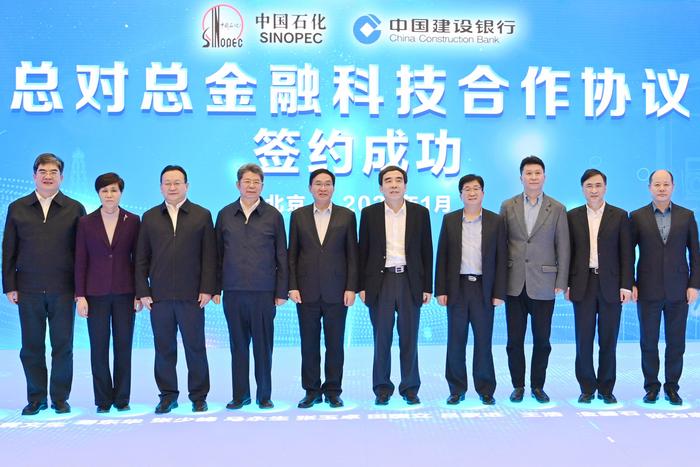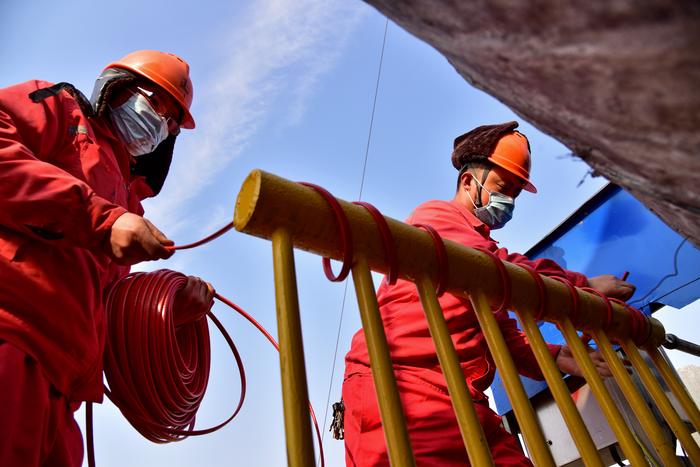|
| 2021-01-25 来源: 中国石化新闻网 |
| 石化新闻 |
中国石化新闻网讯 据1月20日The Punch报道,欧佩克表示,支持以可持续的方式采用电动汽车,并支持使用可再生能源,以此作为减排努力的一部分。欧佩克秘书长穆罕默德·巴尔金多(Mohammad Barkindo)周二在大西洋理事会2021年全球能源论坛(Atlantic Council Global Energy Forum 2021)上表示,未来几十年,世界将继续需要更多的能源。 巴尔金多表示,尽管有些人认为石油和天然气行业不应该示能源未来的一部分,未来可以由可再生能源和电动汽车主导,但必须明确指出,这个论断没有科学依据。科学和统计数据显示,需要减少排放,更有效地使用能源。可再生能源行业正在走向成熟,风能和太阳能迅速发展,但到2045年,它们也仅占全球能源结构的20%多一点。 据巴尔金多预测,到2045年,石油和天然气需求量仍将占全球能源需求的50%以上,石油和天然气分别占27%和25%左右。 他补充道:“我们感谢一些人将这视为欧佩克的预测,对数据提出异议,并表示欧佩克在反对可再生能源。对此,我想强调的是,很明显,许多欧佩克成员国拥有丰富的太阳能和风能资源,并正在这一领域进行巨额投资。欧佩克欢迎可再生能源的发展,但不可否认的是,按照当前发展态势,我们看不到任何实质性的前景预期——可再生能源将在未来几十年接近甚至于取代石油和天然气。就电动汽车而言,毫无疑问,这个市场将不断地发展。” 他表示:“欧佩克预计,到2045年,电动汽车在道路运输总量中所占的份额将扩大到16%左右。我们支持他们以可持续的方式发展。然而,对于世界上的许多人来说,电动汽车并不能成为内燃机的可行替代品,这主要是由于成本问题。此外,考虑到生产过程的环保性,尤其是所需的电池的生产环保性,以及汽车电力来源的环保性,这些都存在争议。” 巴尔金多指出,从能源转型的挑战规模来看,有必要利用所有可用的能源。他认为,未来需要大量投资,《2020年世界展望》强调,到2045年,仅石油行业,全球需要累计投资12.6万亿美元。 如果没有必要的投资,就有可能出现进一步的能源市场波动和未来的能源短缺,这既不符合生产者利益,也不符合消费者利益。 王佳晶 摘译自 The Punch 原文如下: OPEC backs electric vehicles, says oil remains relevant The Organisation of the Petroleum Exporting Countries has expressed its support for the adoption of electric vehicles in a sustainable manner as well as renewable energy as part of efforts to reduce emissions. The Secretary-General, OPEC, Mohammad Barkindo, who spoke at the Atlantic Council Global Energy Forum 2021 on Tuesday, said the world would continue to need more energy in the decades ahead. He said, “Although there are some who believe the oil and gas industries should not be part of the energy future, that they should be consigned to the past, and that the future is one that can be dominated by renewables and electric vehicles, it is important to state clearly that the science does not tell us this, and the statistics related to the blight of energy poverty do not tell us this either. “The science and statistics tell us that we need to reduce emissions and use energy more efficiently. Renewables are coming of age, with wind and solar expanding quickly, but — even by 2045 in our World Oil Outlook —they are only estimated to make up just over 20 per cent of the global energy mix.” According to him, oil and gas combined are forecast to still supply over 50 per cent of the world’s energy needs by 2045, with oil at around 27 per cent and gas at 25 percent. Barkindo said, “We appreciate that some will view this as an OPEC forecast, dispute the numbers, and state that the organisation is against renewables. “In response, it is clear that many OPEC member countries have great solar and wind resources, and huge investments are being made in this field. “OPEC welcomes the development of renewables. However, we do not see any realistic outlook projecting in their business-as-usual base cases that renewables will come anywhere close to overtaking oil and gas in the decades ahead. “In terms of electric vehicles, there is no doubt that they will continue to see expansion in the transportation sector.” He said the share of electric vehicles in the total road transportation fleet was projected by OPEC to expand to around 16 per cent by 2045. He said, “We support their development in a sustainable manner. However, for many of the world’s population, electric vehicles do not offer a viable alternative to the internal combustion engine, primarily due to cost. “Moreover, there is also debate about how environmentally friendly they are considering their build process, especially the required batteries, and the sourcing of the vehicles’ electricity.” Barkindo said looking at the scale of the challenge of the energy transition, there was a need to utilise all available energies. According to him, the future requires massive investments, with the WOO 2020 highlighting that the global oil sector alone requires a cumulative investment of $12.6tn through to 2045. Without the necessary investments, there is the potential for further volatility and a future energy shortfall, which is not in the interests of either producers or consumers. |








